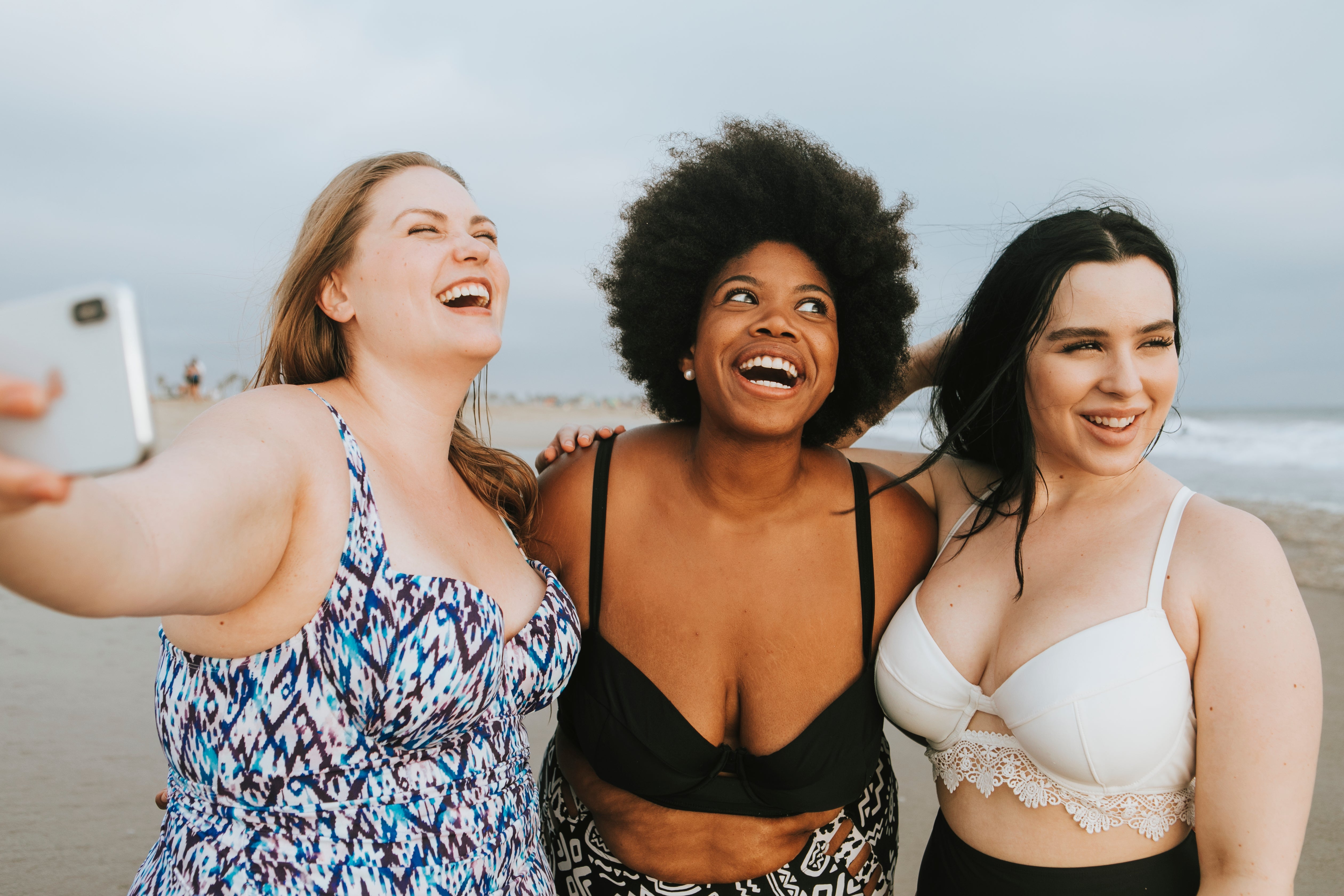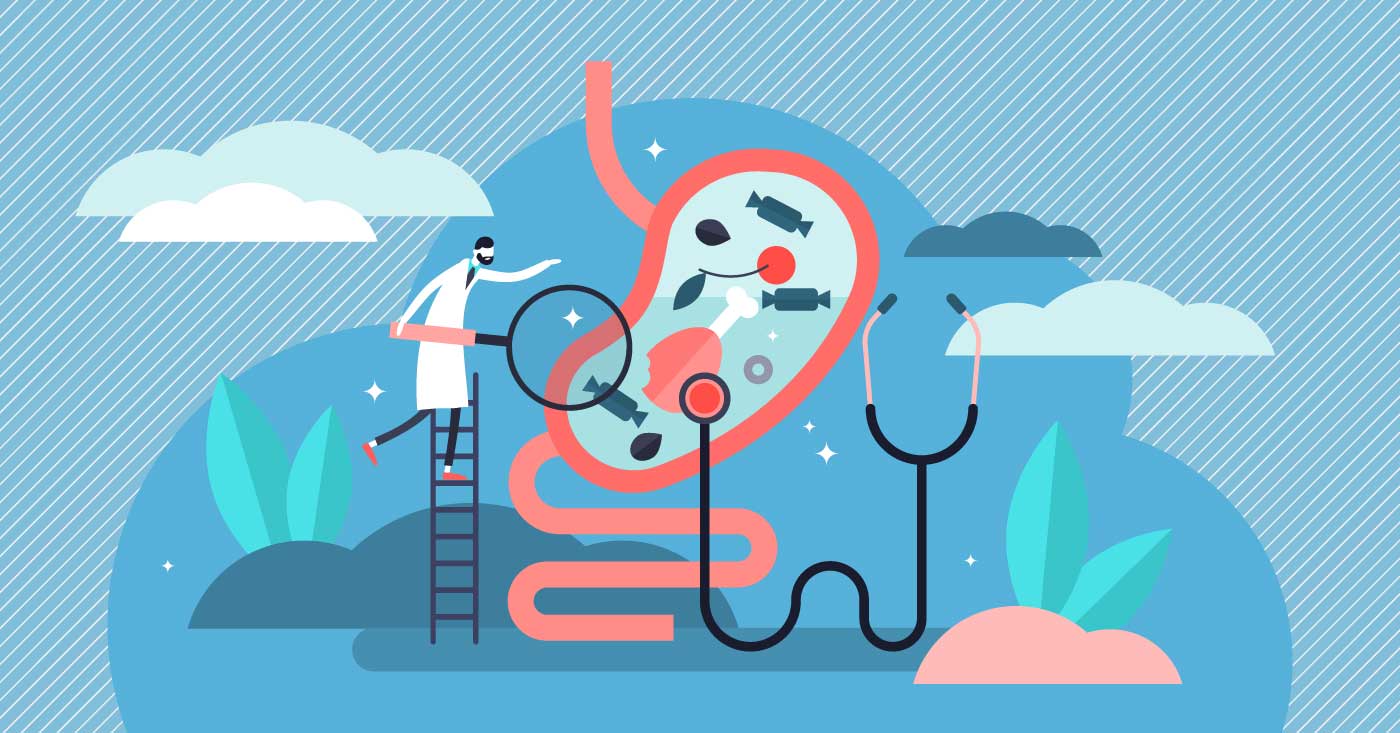The Wonderful World of Sleep By BeYou Guru Kelly Swaby
Apr. 02, 2020 kelly swaby
One of our resident BeYou Guru's, Kelly Swaby is a Health and Life Coach "specialising in helping busy women in management avoid burnout, relieve stress and thrive." Kelly champions women knowing their bodies and valuing their mental wellbeing as a priority. Today, Kelly has kindly written a blog talking all about how to get a good night's sleep, particularly when you're feeling stressed or anxious.
Sleep, we all need it to live well but do we get enough of it and when I say enough, I mean quality sleep. No more so than right now as we face an exceptionally stressful time in the form of COVID-19 and the impact this is having on a global scale to life as we know it.
External stressors can have a serious impact on the quality of our sleep because of the stress it causes within our bodies. Getting good quality sleep helps us manage and relieve this stress, whereas lack of sleep will, unfortunately, add to it. You may have already read or heard about how many hours sleep we should get. The general rule of thumb is 7- 8 hours; however, more importantly, I always go a step further with this and say quality also makes a huge difference.
Quality sleep is essential to our health and wellbeing and lack of it can lead to several issues if unchecked including:
-
It can increase the stress hormone called cortisol, which if not managed can suppress immunity amongst other things
-
Increases inflammatory markers
-
It can lead to anxiety or an increase in anxiety symptoms
-
Impact on our moods, leading to erratic mood swings and irritability. Our emotional brain goes into overdrive through lack of sleep
-
Compromise decision-making processes and creativity
-
Can harm our microbiome, which is associated with gut health
Unfortunately, I know first-hand the impact stress can have on one’s health including sleep. At the age of 35, I spent a large part of that year suffering from bouts of insomnia. Looking back the culprit for this was a mixture of working hard, being my own worst critic, managing life with Endometriosis and generally not looking after myself. I was stuck in a stress cycle and just could not find a way out.
COVID-19 is let's face it one large stressor, therefore you may already have experienced lack of sleep thanks to worry and stress around the unprecedented health crisis. If so firstly know that you are not alone, and secondly, positively there are lots of things we can do to help improve our quality of sleep, even if we can’t control the stressors around us.
How do we get a better night's sleep?

-
As a lot of us are now finding ourselves working from home; our normal routines may have been impacted e.g. you might be staying up later in the evening, or having more lie-ins. On paper this is all well and good, however, unfortunately, getting a good night's sleep is encouraged by going to bed and waking up around the same time each day. Therefore if you want to improve your sleep its worth reviewing your current sleep habits.
I appreciate this can be very difficult when working shifts. If this applies to you fear not as the other steps discussed below will support you in getting a good night's sleep, even if that sleep is during the day!
-
Create total quiet and darkness in your bedroom. If this is not possible buy a sleep eye mask. I have one and it works a treat! Complete darkness is the best way to encourage Melatonin (sleep hormone) to do its thing
-
If you must drink coffee or caffeine-laden drinks it's recommended that you avoid or significantly reduce that intake after midday as it can impede the quality of your sleep. Likewise reducing your alcohol intake will also improve the quality of your sleep Dr. Rangan Chatterjee puts it in his The Stress Solution book “alcohol is a form of liquid stress” because of the impact it can have on our restorative sleep
-
The news can trigger stress and worry at the best of times let alone right now, so to help you switch off and relax before bedtime stay well clear of it. It will only feed your worry otherwise and keep the brain active way past bedtime
-
Switch off that technology. This is just an extension of avoiding watching any news leading up to bedtime. Social media can also be a big worry/stress trigger, so step away from that at least two hours before bed. Regardless of the Coronavirus, I have had a rule for some time now that I don't look at my phone after 9pm.
-
Have you ever found yourself eating late in the evening, only to discover that you then can’t sleep properly? This is because eating a heavy meal before bedtime impedes your body’s natural overnight detoxification process, hence the disturbed night sleep. To avoid this the general rule of thumb is to eat no later than two hours before you go to bed
-
Write down your worrying thoughts before bedtime. This allows you to free up your mind and drop into a deep and restful sleep. I journal every night without fail and always finish it off with something I am grateful for.
-
Exercise or as I prefer to call it "movement" has a whole heap of health benefits including supporting the body in relieving stress, so increasing your daily exercise will certainly have a positive impact on your sleep. If you are a regular exerciser it may feel somewhat frustrating right now not being able to do your normal exercise routine. However, there are lots of different ways we can exercise at home e.g. Joe Wicks PE lessons, YouTube Videos, etc. One point to make about exercise is to avoid doing it within three hours of going to bed. Otherwise, you will likely find it harder to fall asleep
-
Try an aromatherapy pillow spray to aid in drifting off. My particular favourite is by BeYou. The smell is amazing and it certainly helps relax the senses
-
Find a good book to read, something that will help you relax and switch off rather than raise an extreme emotional reaction within you.









